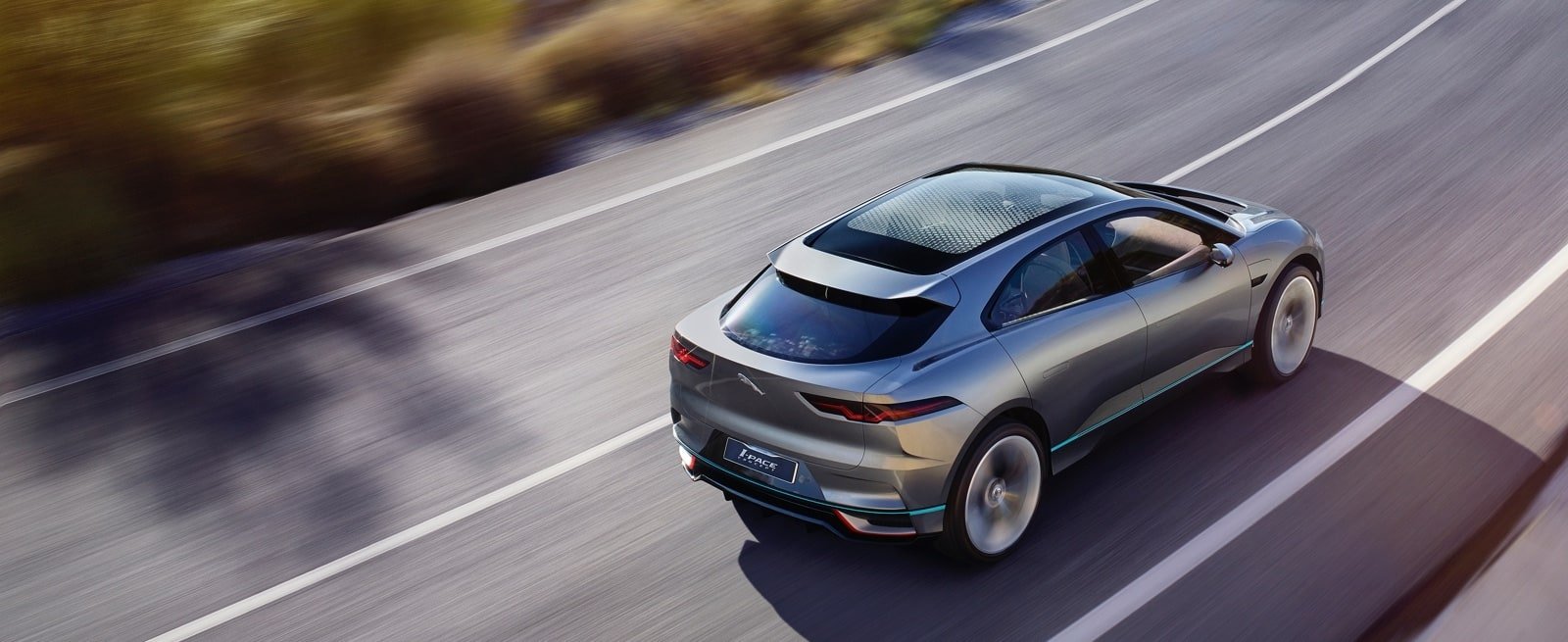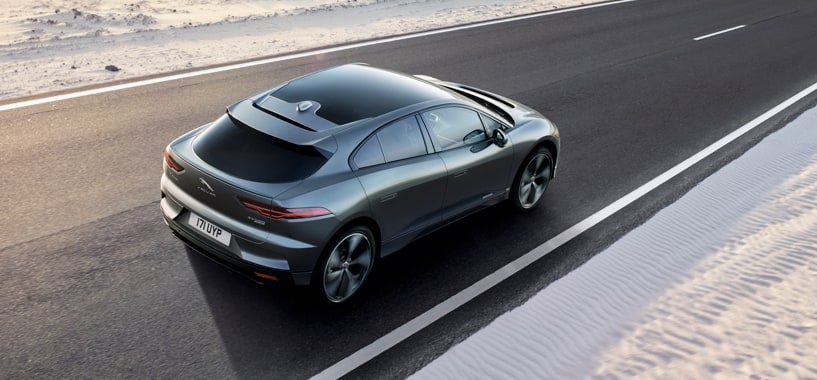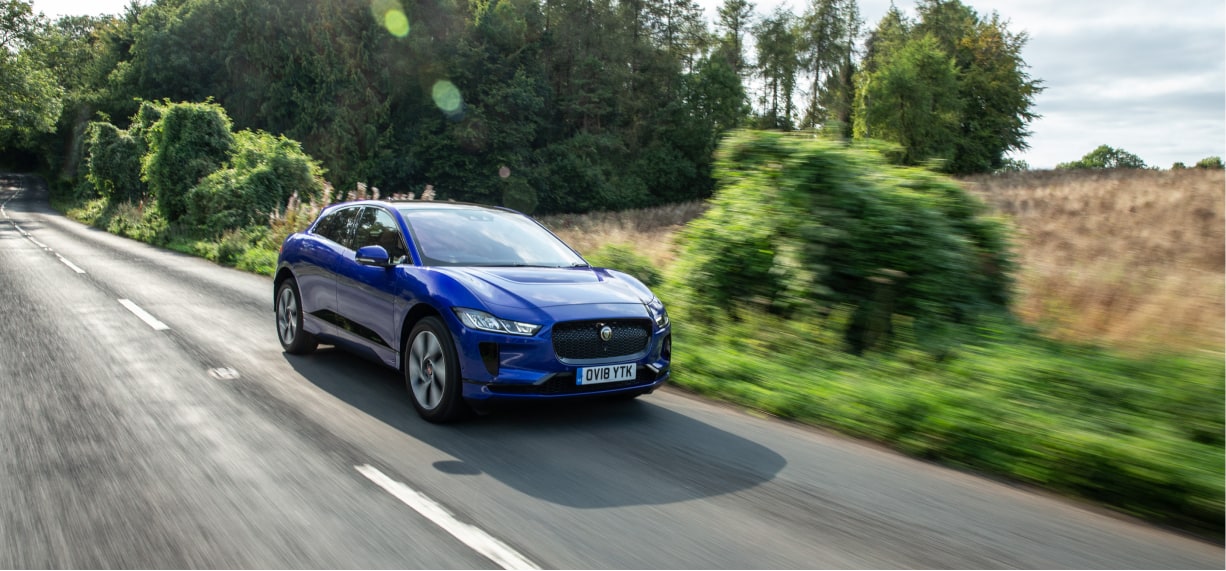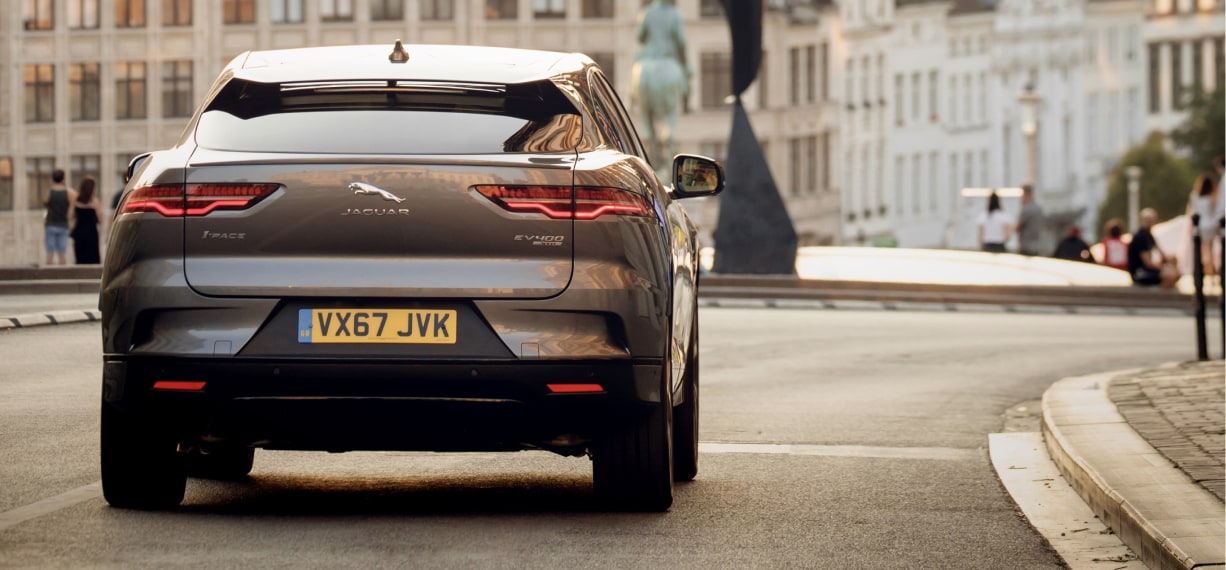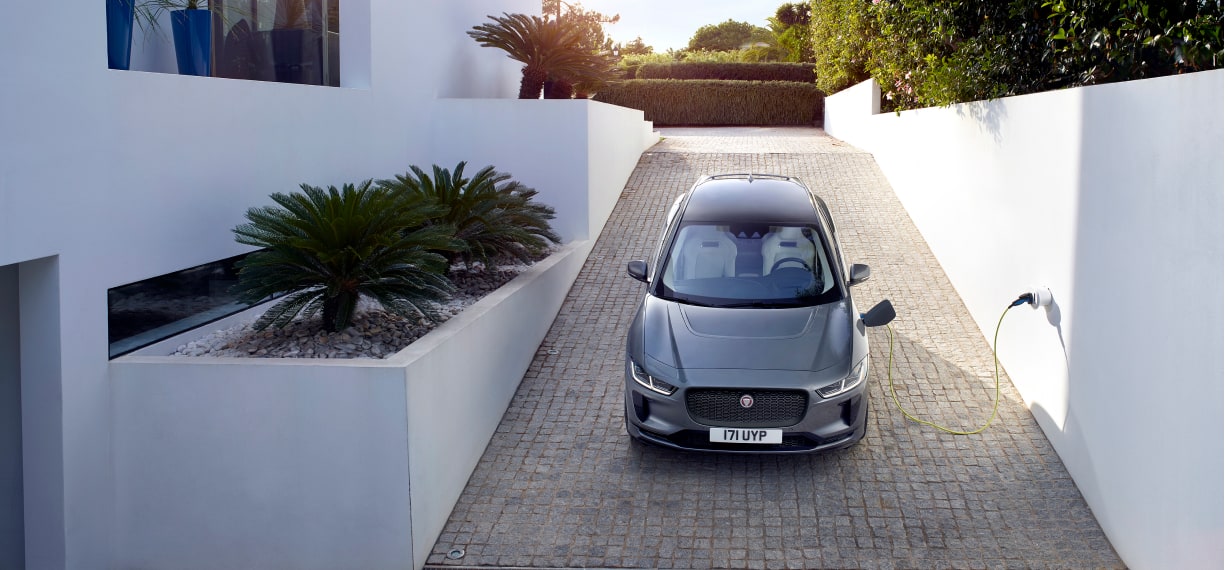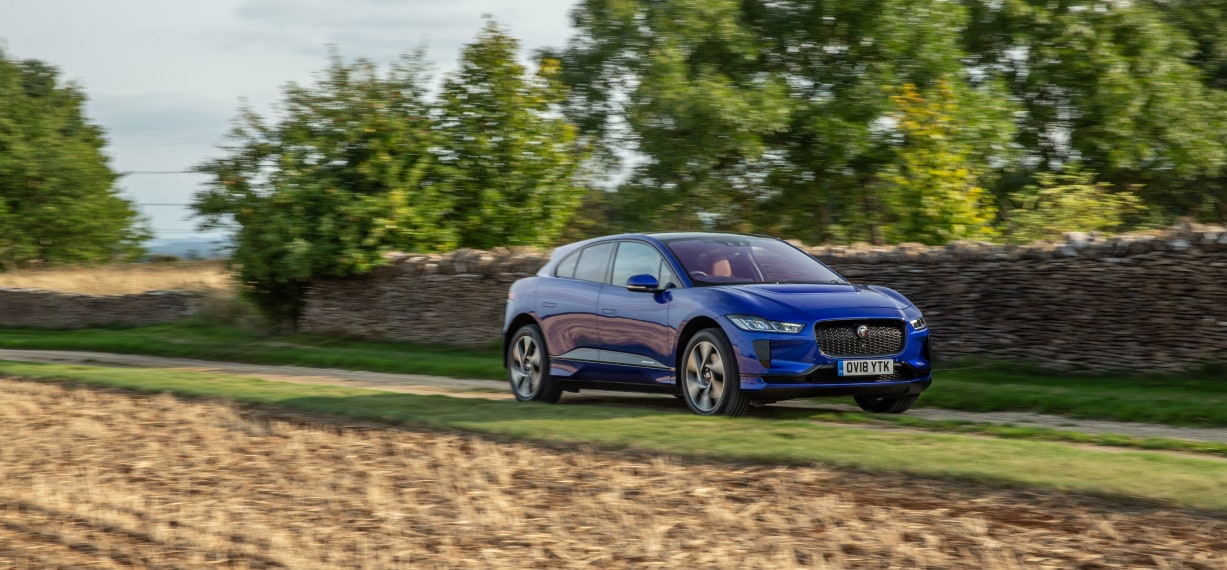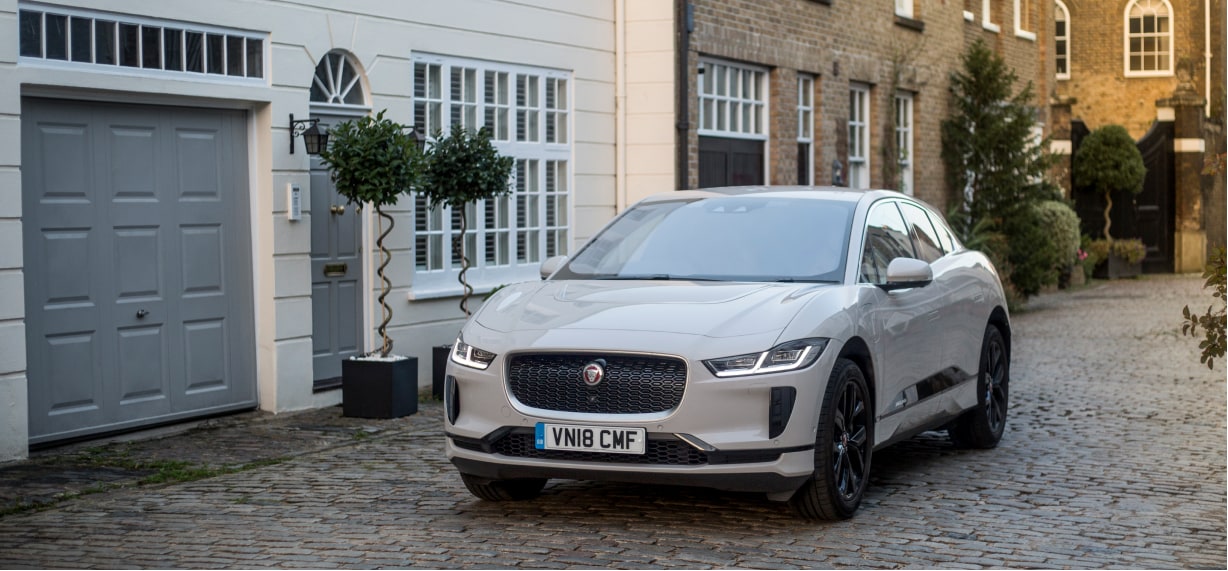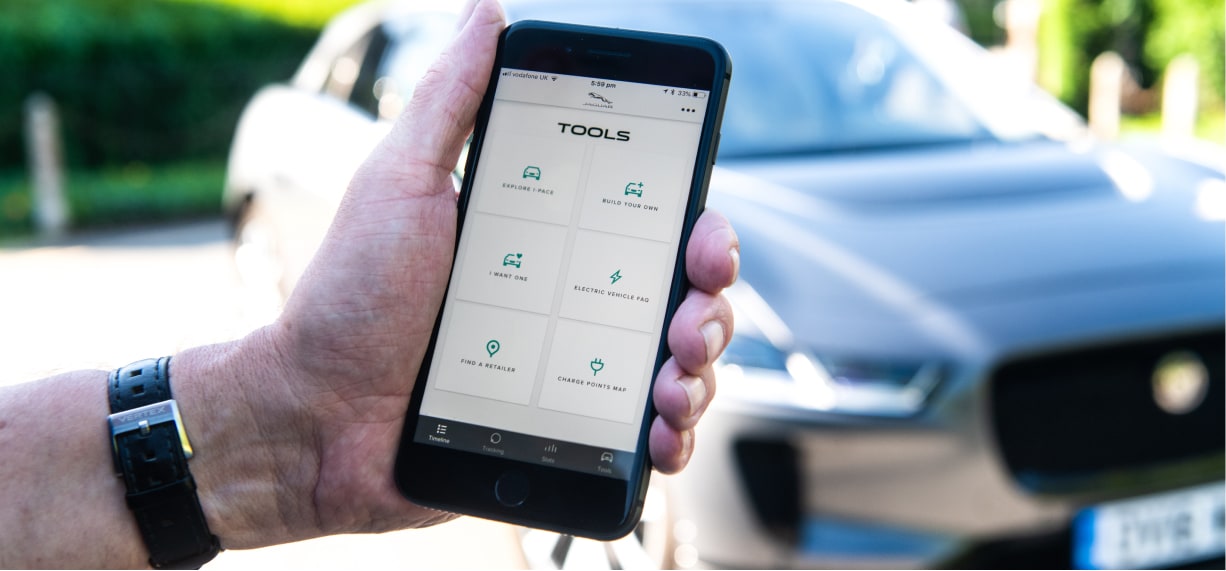Why buy electric?
With the February 2020 climate change targets moving the deadline for buying a petrol, diesel or hybrid car from 2040 to 2035, the idea of buying an electric car has never felt timelier.
One of the biggest reasons to buy is that fully electric vehicles are better for the environment, as they emit less greenhouse gases and air pollutants over their life than a petrol or diesel car. Read more to see why buying electric could be for you.


